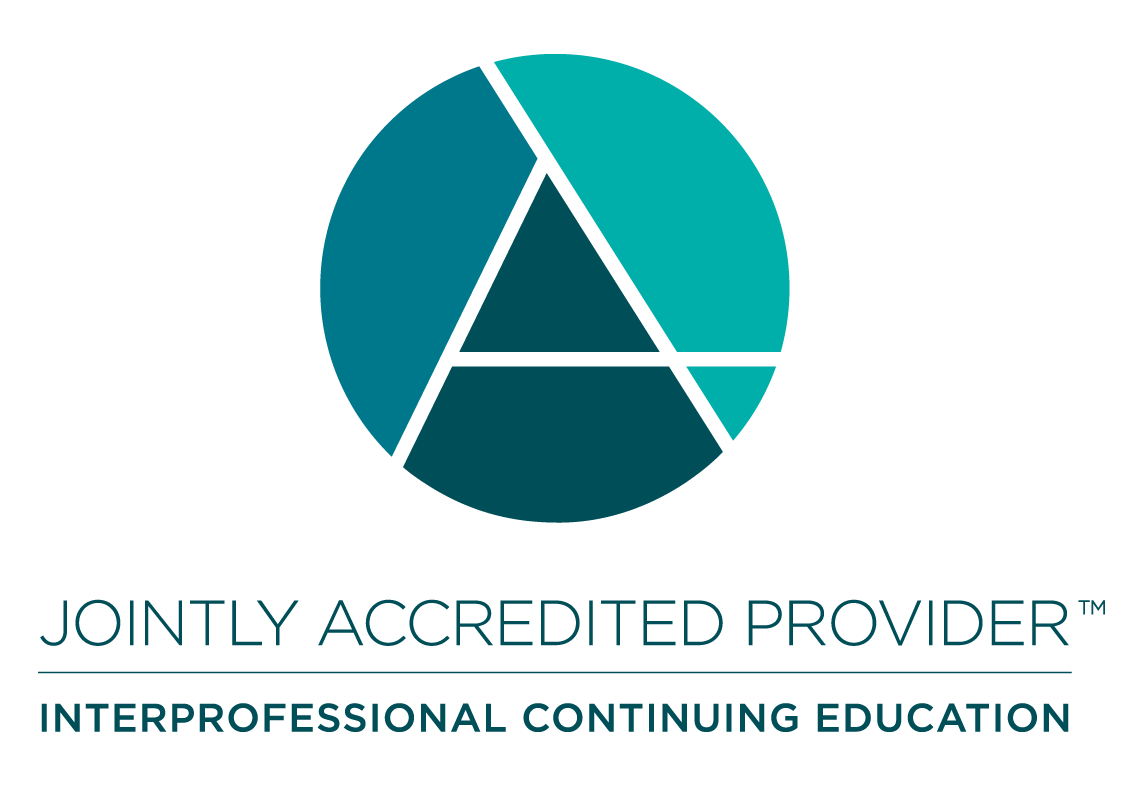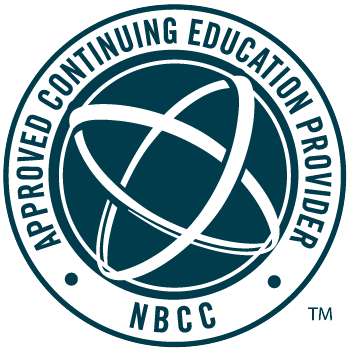
Integrating Addiction Medicine with Treatment Courts Course
-
Register
- Non-Member - Free!
- Regular Member - Free!
- Retired - Free!
- Early Career Physician - Free!
- Resident - Free!
- Student - Free!
- Associate - Free!
- ASAM Staff - Free!
- International Member - Free!
- Emeritus Member - Free!
- Provisional Member - Free!
- Fellow Member - Free!
- Honorary Member - Free!
- CRT Member - Free!
Integrating Addiction Medicine with Treatment Courts Course
Updated: December 2024
Online Course
Overview
This 6-hour online course is designed for medical providers who practice addiction medicine and interact with treatment courts and the justice system. Clinicians will explore the complexities of treating individuals in treatment courts, applying strategies to real-world case studies to enhance collaboration with treatment court professionals, advocate for evidence-based addiction treatment, and optimize the use of community resources for patients who are justice-involved.
The target audience for this introductory level activity includes: physicians, physician assistants, and nurse practitioners who practice addiction medicine and interact with treatment courts and other aspects of the justice system.
This activity addresses the following ACGME Competencies: Patient Care, Medical Based Knowledge, Practice-Based Learning, Interpersonal and Communication Skills, Professionalism, and Systems-based Practice.
Learning Objectives
Upon completion, learners will be able to:
- Describe ways to reduce stigma against people with substance use disorders, including the use of accurate terminology.
- Explain the role of timely and accurate diagnosis and treatment for clients/participants first engaging in treatment courts.
- Define addiction as a chronic and manageable disease.
- Describe the purpose, structure, and effectiveness of treatment courts.
- Define the roles and responsibilities of treatment court team members.
- Describe the roles and responsibilities of medical providers within treatment court settings.
- Apply best clinical and partnership practices to case examples of patients who are engaged in treatment court and addiction treatment.
- Advocate effectively for access to evidence-based treatment with treatment court team members.
- Coordinate care within professional settings to individuals involved in treatment courts.
Acknowledgement
ASAM has partnered with the All Rise through an Office of National Drug Control Policy (ONDCP) grant initiative to allow medical providers active with and new to the drug treatment court field access to training to help guide them in the successful integration of services for individuals with substance use disorders involved in the justice system.
Registration Rates
| ASAM Learner Type | Rate |
| ASAM Member | $0 |
| Non-Member | $0 |
| Associate Member | $0 |
| Resident Member* | $0 |
| Student Member* | $0 |
*Residents, Fellows-in-training, Interns, and Students must join ASAM to receive a discounted registration rate. Click here to become an ASAM member. National and Chapter membership dues apply. There is no charge for Students to become a Member, but verification of student status is required.
Membership Question? Call ASAM at 1.301.656.3920, email us, or view the ASAM website for more information.
Refunds & Cancellations
All ASAM eLearning Center refund requests must be made in writing to Education@ASAM.org within 90 days of purchase. Those requesting refunds for courses that are in progress will receive partial refunds or eLearning Center credit. Automatic full refunds will be made for any course with a live-course component that has been cancelled.
Registration Deadline: 12/31/2027
Close Access Date: 01/31/2028
Instructions
- Click on the Contents tab to begin this activity.
- Click Complete Post Test to answer multiple choice questions. Participants will have 10 attempts to pass and must answer 13 out of 18 questions correctly.
- Click Complete Evaluation to provide valuable activity feedback. Scroll down on all questions as there may be answer options that expand past the size of the window.
- Click the button Claim Medical Credits in the box titled Claim Credits & Certificate. Choose the type of credit and click submit. Click the button View/Print Certificate to save or print your certificate. You can view/print your certificate at any time by visiting the ASAM eLearning Center, clicking Dashboard, and clicking Transcript/Achievements.
Need Assistance?
For assistance logging in, accessing activities, claiming credit, or for other questions or concerns, please check the FAQ page or e-mail Education@ASAM.org.
ASAM is proud to offer eSSENTIAL Accessibility to ensure our website is accessible and functional for all our learners while providing free assistive technology for people with the widest possible range of abilities.
Tauheed Zaman
MD
Tauheed Zaman, MD, is an addiction psychiatrist at the San Francisco VA Health Care System and the University of California at San Francisco. He serves as Medical Director of the VA's Addiction Consult and Opioid Safety Team, and as Associate Director for the UCSF Addicion Psychiatry Fellowship. He was Chair of the California Society of Addiction Medicine (CSAM) 2019 annual conference, and now serves on the organization's board of directors. He completed his addiction fellowship at UCSF, and his adult psychiatry training at Harvard Medical School.
No relevant financial disclosures.
Meghan Wheeler
MS
AllRise/Treatment Court Institute
Meghan Wheeler is the director of standards and conference programming for AllRise/Treatment Court Institute. She is responsible for developing training, technical assistance, and tools to support the implementation of best practice standards for treatment court models and also assists in the development of best practice standards. In her 18-year tenure with All Rise, she has served as project director and senior consultant on the Adult Drug Court Planning and Training Initiatives, Statewide Training and Technical Assistance, and Family Treatment Court Planning and Training Initiatives. She has provided training and technical assistance to treatment courts nationwide. Prior to her work with All Rise, she managed the statewide treatment court implementation for the Supreme Court of Ohio, worked at the local level as a treatment court coordinator, and served as a counselor and clinical supervisor for a residential substance use treatment facility. Ms. Wheeler has national, state, and local experience in the justice, treatment, child welfare, and social services fields related to clinical intervention, supervision, case management, policy development, program management, grant writing, and curriculum design. She previously was an adjunct professor at Ashland University in the area of alcoholism and substance use. She received her master's degree in administration of justice, a bachelor's in psychology, and a bachelor's in criminal justice from Mercyhurst University.
No relevant financial disclosures.
Elizabeth M. Salisbury-Afshar
MD, MPH, FAAFP, FACPM, DFASAM
Dr. Elizabeth Salisbury-Afshar, an Associate Professor at the University of Wisconsin School of Medicine and Public Health, specializes in addiction medicine, preventive medicine/public health, and family medicine. Her work focuses on increasing access to evidence-based addiction treatment and harm reduction services. With over a decade of experience in federally qualified health centers, her clinical work focuses on supporting with medically underserved populations. Dr. Salisbury-Afshar is actively involved with ASAM, serving as Vice Chair of the Medical Education Council, a member of the Conference Planning Committee, and as ASAM's representative on the AMA Substance Use and Pain Task Force.
No relevant financial disclosures.
Debra Newman
PA-C, MPAS, MPH
Debra R. Newman, PA-C, MSPAS, MPH served as the Medical Practitioner for Adult Drug and Mental Health Treatment Courts in Santa Fe County, New Mexico for the over six years, and has provided training and technical assistance for the NM Department of Therapeutic Justice. She formerly served in this role for the Rio Arriba (NM) Adult Drug and Mental Health Treatment Courts, and the Santa Fe County DWI Court. Debra was a 2017-2018 recipient of the PA Foundation/NIDA-CTN Mentored Outreach Award in Treatment Dissemination: “Utilizing Psychiatric PA’s in Drug/Treatment Courts.”
Her passion for addiction medicine began with her association with Project ECHO while employed at a large FQHC in northern NM more than 15 years ago, a region historically plagued with the highest per capita heroin overdose death rate in the nation. Debra worked as the only full-time provider for patients struggling with SUDs.
Debra is the only PA to serve as a Lead Mentor for the Provider Clinical Support System (PCSS) and served as a Co-Editor for ASAM Weekly.
In her current role with Encompass Community Services, a non-profit organization in Santa Cruz, CA that provides services in behavioral health and family and social well-being, she is Lead Provider for outpatient SUD services.
No relevant financial disclosures.
Accreditation & Credits
Joint Accreditation Statement

In support of improving patient care, the American Society of Addiction Medicine is jointly accredited by the Accreditation Council for Continuing Medical Education (ACCME), the Accreditation Council for Pharmacy Education (ACPE), and the American Nurses Credentialing Center (ANCC), to provide continuing education for the healthcare team.
Credits Available
- Physicians: 6 Credit(s)
- Nurses & NPs: 6 Nursing Contact Hour(s)
- PAs: 6 Credit(s)
- Certified Counselors: NBCC Contact Hours Not Offered

American Society of Addiction Medicine has been approved by NBCC as an Approved Continuing Education Provider, ACEP No. 7062. Programs that do not qualify for NBCC credit are clearly identified. American Society of Addiction Medicine is solely responsible for all aspects of the programs.
Maintenance of Certification (MOC)/Continuing Certification Program (CCP)
This activity is designed to meet the requirements for MOC/CCP for several primary physician boards and for state licensing CME requirements. MOC Credit is only reported and designated for ABA, ABP, ABIM, and ABS. By completing the online credit application and evaluation, the learner permits ASAM to report credits to the appropriate Board. Learn more.
- ABIM MOC Points: 6 Medical Knowledge | 6 Patient Safety
- ABP MOC: 6 Lifelong Learning & Self-Assessment
- ABS Continuing Certification: 6 Accredited CME
- ABA MOCA 2.0®*: 6 Lifelong Learning | 6 Patient Safety
MOCA 2.0® is a trademark of the American board of Anesthesiology®.
This activity contributes to the CME requirement for Part II: Lifelong Learning and Self-Assessment of the American board of Anesthesiology's (ABA) redesigned Maintenance of Certification in Anesthesiology Program® (MOCA®), known as MOCA 2.0®. Please consult the ABA website, https://www.theaba.org/, for a list of all MOCA 2.0 requirements.
Additionally, this activity has been designed to satisfy the requirements of the following primary physician board certification requirements. Please confirm with your individual Board.
- American Board of Addiction Medicine (ABAM)
- American Board of Preventative Medicine (ABPM)
- American Board of Psychiatry and Neurology (ABPN)
- Royal College of Physicians and Surgeons of Canada (RCPSC)
Certificates for other professions
All participants may request a certificate of participation upon completion of the activity and an online evaluation confirming their participation. Learners are strongly advised to contact their professional licensing board or professional association to confirm this certificate will be accepted as evidence supporting continuing education requirements.
California Association for Drug/Alcohol Educators (CAADE)
This educational program is approved by CAADE: #CP40 999 1225.
California Association of DUI Treatment Centers (CADTP)
This educational program is approved by CADTP: #205.
California Consortium of Addiction Programs and Professionals (CCAPP)
This educational program is approved by CCAPP: #OS-20-330-1224.
Disclosure Information
In accordance with the disclosure policies of ASAM and Joint Accreditation, the effort is made to ensure balance, independence, objectivity, and scientific rigor in all accredited continuing education activities. These policies include identifying and mitigating all relevant financial relationships with ineligible companies for those involved in the creation and dissemination of accredited continuing education.
The complete list of disclosures and designation statements are linked below.

